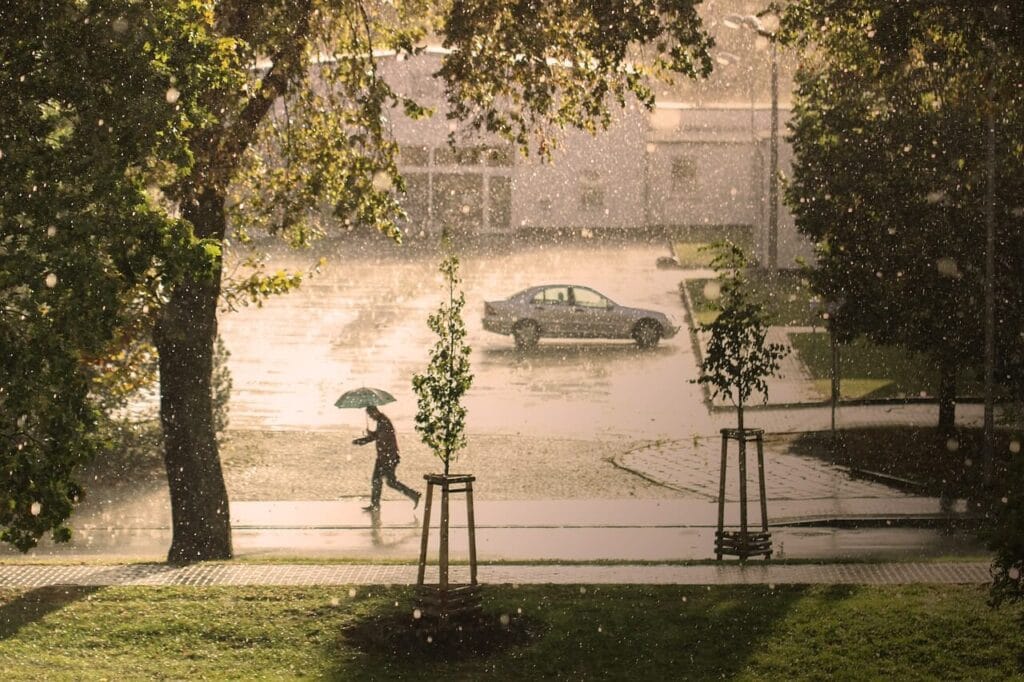
The Growing Challenge of Predicting Weather
Why weather forecasting is getting harder is a concern that affects all of us. From travelers and farmers to city planners and everyday people, we depend on forecasts to make daily decisions. But lately, many have noticed forecasts seem less reliable. That’s no coincidence—weather is getting harder to predict.
Climate Change Is Breaking Old Patterns
Traditional forecasting models rely on historical weather data to predict future conditions. These models are now struggling because the past no longer reflects the present. As global temperatures rise, climate patterns are shifting. This has led to strange weather—summer snow in some places, unexpected winter heatwaves in others. As a result, forecasting systems are often caught off guard.
Extreme Weather Is Becoming the Norm
Another big reason why weather forecasting is getting harder is the increase in extreme weather events. Powerful storms, record-breaking heatwaves, and sudden floods are happening more frequently. These events don’t always behave in predictable ways. They can form faster, move in unusual directions, or intensify without warning. Meteorologists models have a hard time keeping up.
Technology Has Improved—But Data Gaps Remain
We have advanced satellites, radar, and computer models. However, major gaps in real-time data still exist—especially over oceans, mountains, and rural areas. When information is missing, the accuracy of forecasts drops significantly. A storm’s path could shift dramatically just because a few key readings weren’t available.
Artificial Intelligence Is Helping—But Slowly
AI and machine learning are being used to improve forecasts. These tools can analyze massive datasets and learn from past mistakes. But AI is still limited by the quality and quantity of data it receives. And when the climate is changing faster than expected, even the smartest system may struggle to predict what comes next.
The Real-World Impact of Unreliable Forecasts
When predictions are off, the consequences are real. Farmers may plant too early or too late. Airlines might cancel flights unnecessarily or face in-air turbulence. Emergency responders could have less time to warn people about floods, storms, or heatwaves. Even simple plans like a weekend picnic become harder to schedule.
What Can Be Done to Improve Forecasting?
To make weather forecasts more accurate again, scientists are pushing for better international cooperation. Sharing data globally, investing in better sensors, and improving coverage over remote areas can all help. But until those improvements are made, some uncertainty will remain.
Stay Informed and Stay Prepared
Here at Gobblio, we explore important weather topics like how to prepare for extreme weather and climate change’s impact on global weather. Make sure to check those out so you can stay one step ahead.
For scientific updates and resources, visit trusted sources like the National Weather Service and the World Meteorological Organization.

